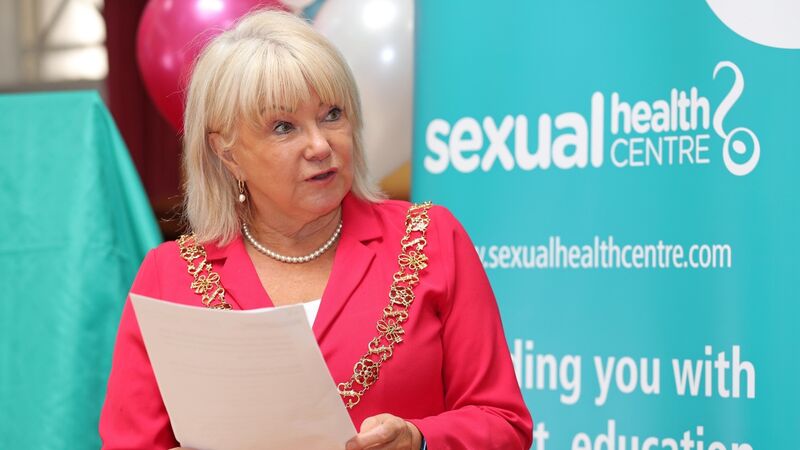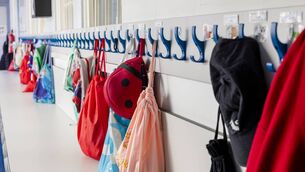Cork caucus hears calls for gender quotas to be extended to local government elections

Speaking at the event in Cork City Hall, Lord Mayor of Cork Deirdre Forde said 'under-representation of women at all levels of governance and decision-making weakens our democracy'. Picture: Jim Coughlan
Gender quotas should be extended from national elections to the 2024 local government elections to ensure Ireland is in line with other European countries, new research has recommended.
It also found that some female elected members believe local government to be “a boys’ club”, while others spoke of being the target of misogynistic slurs at public council meetings.













